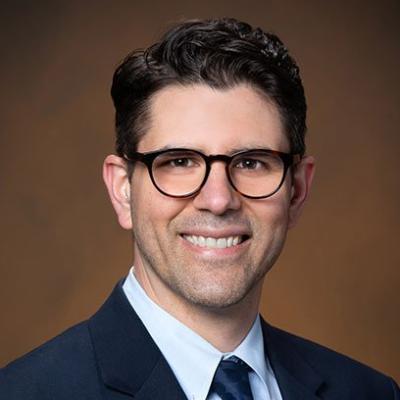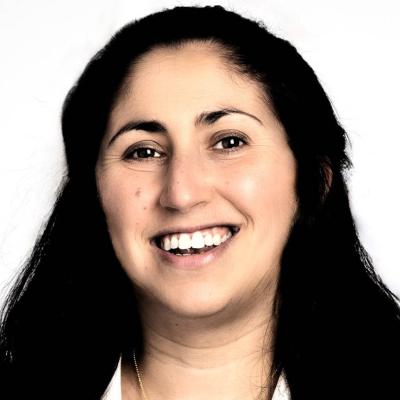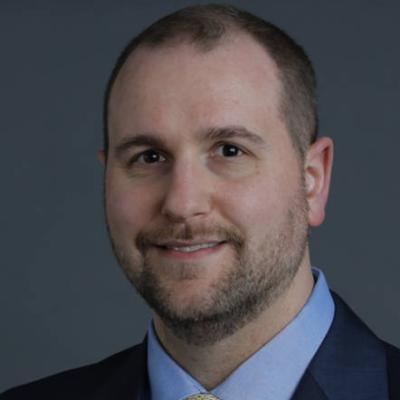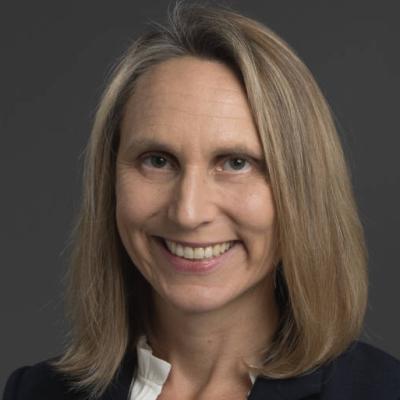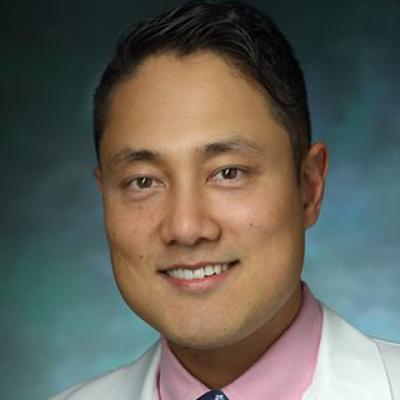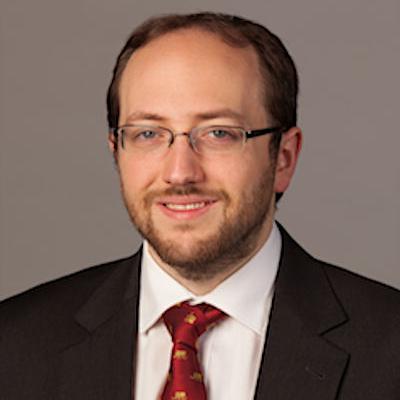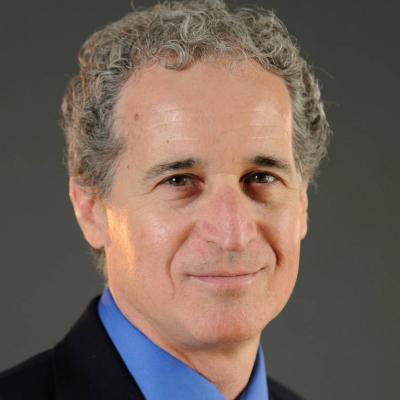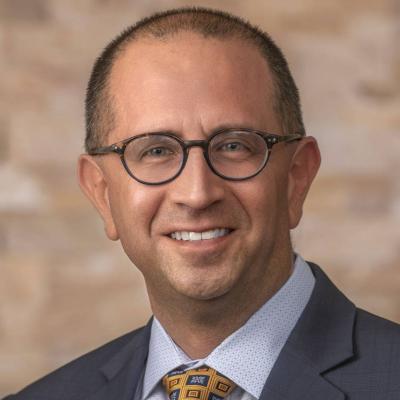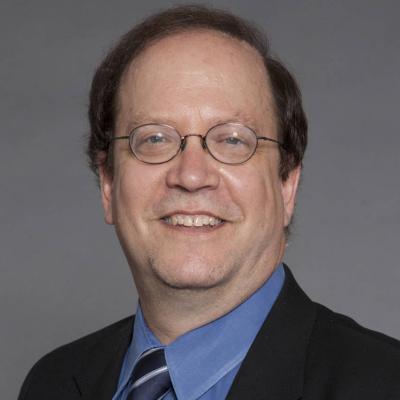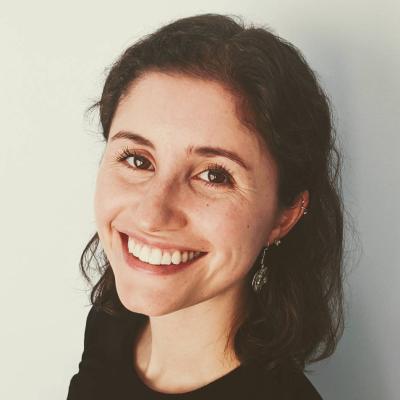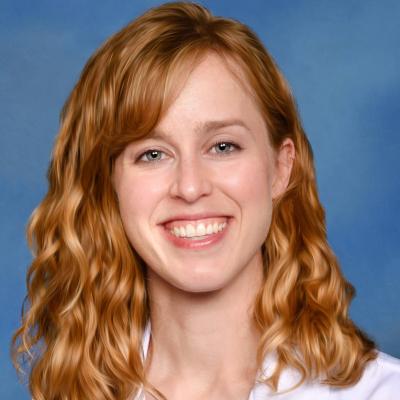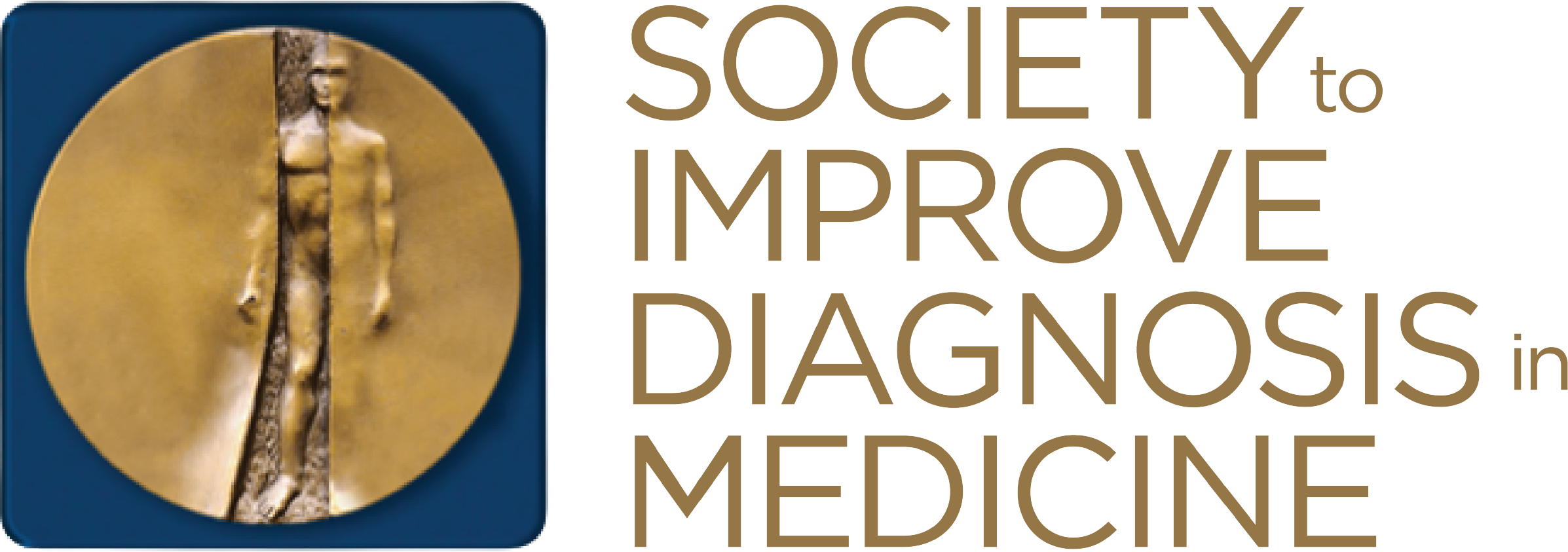SIDM Fellow Presentations
- x
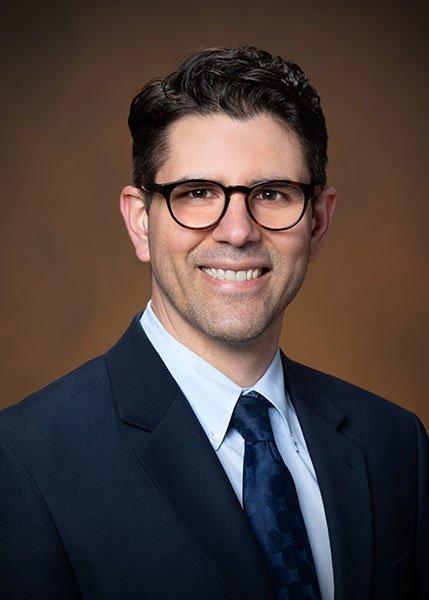
Paul Bergl, MD
Intensivist in Critical CareGundersen Lutheran Medical Center
La Crosse, WIMy scholarly work has focused on diagnostic error in critically ill patients, and I have prioritized (above all else) diagnostic reasoning in my various educational roles over the years. I currently serve as the director for SIDM's Fellowship in Diagnostic Excellence.
- x
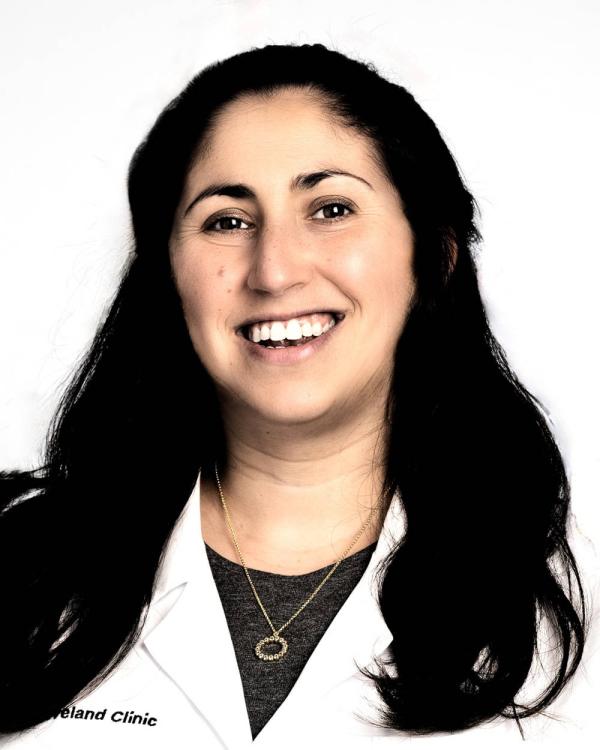
Adina Kern-Goldberger
Assistant Professor of Obstetrics, Gynecology, and Reproductive Biology
Case Western Reserve University
Cleveland, OHAdina Kern-Goldberger is an Assistant Professor of Obstetrics, Gynecology, and Reproductive Biology at the Cleveland Clinic Lerner College of Medicine of Case Western Reserve University and maternal-fetal medicine clinical faculty at the Cleveland Clinic and a member of the Department of Quantitative Health Sciences. In addition to clinical care of patients with high-risk pregnancies, she is a healthcare delivery scientist who focuses on clinical interventions to improve maternal pregnancy outcomes through safer, higher quality obstetric care. Her interest in diagnostic error surrounds the care of pregnant and postpartum patients in non-obstetric settings
- x

David Burstein
,Medical DirectorAssociates in Internal MedicineAssistant ProfessorDivision of General Internal Medicine
Rush University Medical Center
Chicago, ILDr. Burstein practices adult primary care and is the Medical Director of his practice, Associates in Internal Medicine. He is an assistant professor in the Division of General Internal Medicine at Rush University Medical Center in Chicago, IL. In 2020, Dr. Burstein received the Founder's Grant from the Society of General Internal Medicine, which is given to early-career researchers with the potential to make impactful contributions to the field of general internal medicine. His expertise includes physician work-environments, electronic health record use, physician-patient relationships and medical-decision making, and burnout. He was selected as a Fellow in Diagnostic Excellence in 2022 for a pilot project to evaluate whether financial incentives improve clinicians' documentation of information that can improve the diagnostic process.
- x

David Kudlowitz
InternistNYU Langone Medical CenterDr. David Kudlowitz is an internist at NYU Langone Medical Center. He practices inpatient and outpatient medicine. He directs the Integrated Clinical Skills course for the 1st year medical students at NYU Grossman School of Medicine. He is a SIDM fellow with an interest in the formation of problem representations in early learners.
- x

Gabor Toth
PhysicianUniversity of DebrecenGabor Toth is a physician and physician-economist at the University of Debrecen with 10+ years of experience in academic research and seven years of experience in business in the medical education field. Currently specializing in laboratory medicine/clinical pathology, Gabor uses that experience to advance and support efficient clinical diagnostics. By focusing on efficient diagnostics, Gabor has put the MD, PhD and physician-economist degrees he earned at the University of Debrecen and Corvinus University of Budapest to good use. Over the years, Gabor's strengths at InSimu have garnered recognition by national and international startup awards in the medical and educational space. When he is not at the Clinical Center, he is an avid classical pianist who loves traveling with family.
- x

Julie Thai
Clinical Assistant Professor of MedicineStanford University School of Medicine
Stanford, CA
Dr. Julie Thai, MD, MPH is geriatric medicine specialist who is dual board certified in both geriatric medicine and family medicine. She completed her fellowship training in geriatric medicine at the University of California, San Francisco. Before that, she completed her family medicine residency at McLaren-Flint/Michigan State University College of Human Medicine where she also earned her medical degree. Additionally, Dr. Thai holds a Master of Public Health degree from Columbia University Mailman School of Public Health. Dr. Thai has contributed to research in rheumatology (rheumatoid arthritis, lupus, and ankylosing spondylitis), urology (renal stone disease, clinical markers and outcomes, and testing and development of new technologies), and end of life care. She has co-authored articles on topics such as caregivers’ communication with elders living with late-life disability, palliative care practices in diverse settings, and the social consequences of forgetfulness and Alzheimer’s disease. She is currently the 2022-2023 SIDM Age-Friendly Care Fellow. Her work focuses on developing curriculum in undergraduate and graduate medical education to help medical learners improve their diagnosis of older adult patients.
- x
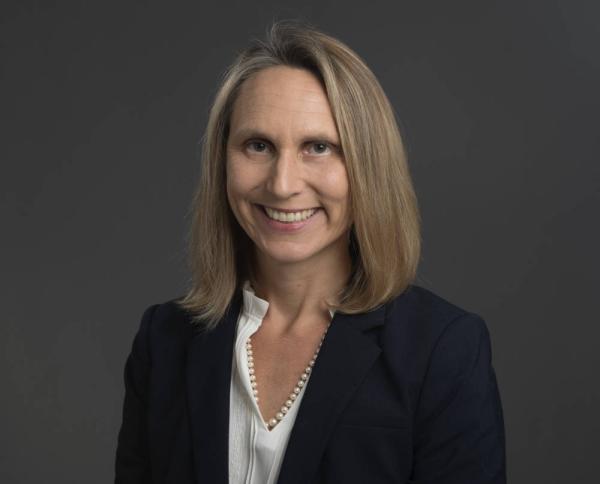
Margaret Bavis, DNP, APRN, FNP-BC
Assistant ProfessorRush University College of Nursing
Chicago, ILMargaret Perlia Bavis, DNP, APRN, FNP-BC is a Family Nurse Practitioner and Assistant Professor in the Family Nurse Practitioner (FNP) program at Rush University College of Nursing. Dr. Bavis currently maintains a clinical practice and directs a NP clinical training program at CommunityHealth, Chicago, the nation’s largest volunteer-based free clinic. In addition, Dr. Bavis coordinates the FNP simulation program focusing on students’ clinical reasoning and clinical competence. Dr. Bavis’ interests include clinical teaching, diagnostic reasoning, simulation and providing care for under resourced populations.
- x
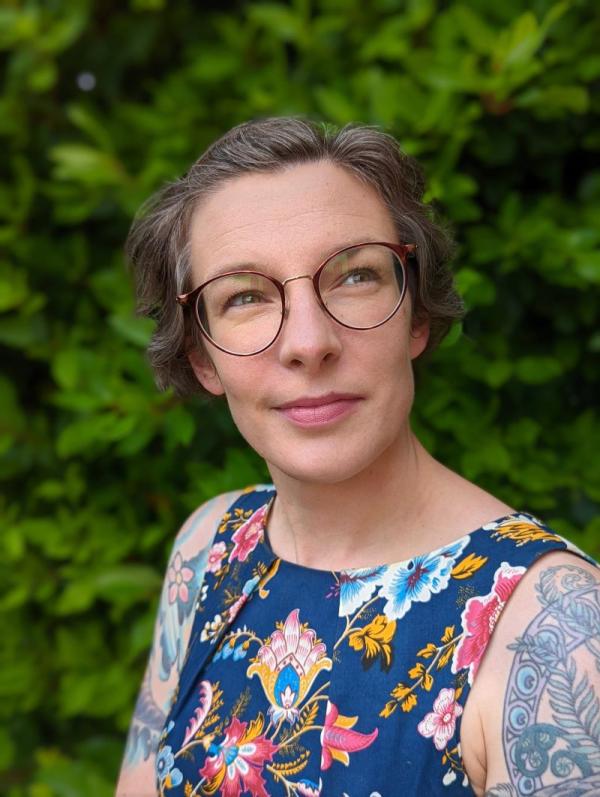
Mary Dahm, PhD, MA
ARC DECRA Fellow
Senior Research Fellow
Institute for Communication in Health Care
Australian National University
Canberra, AustraliaDr. Maria R. Dahm is a Senior Research Fellow at the Institute for Communication in Health Care (ICH) at the Australian National University. She is a leader in the field of in diagnostic communication with a particular focus on diagnostic uncertainty. Dr Dahm holds a prestigious 2022 Discovery Early Career Researcher Award Fellowship from the Australian Research Council where her 3-year project addresses how communication can to improve diagnosis, and patient safety. Her research focuses on investigating the impact of health communication on diagnostic excellence and quality and safety of care, and improving consumer engagement in health communication research.
- x
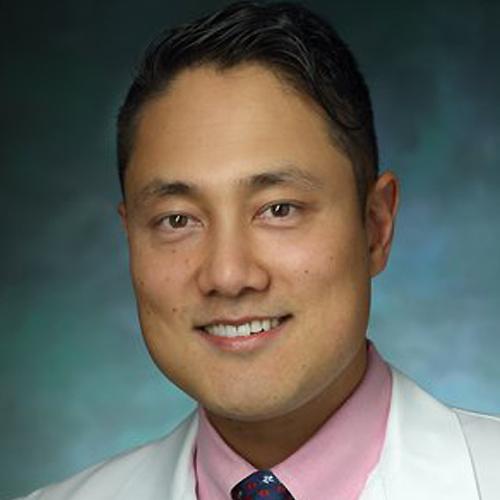
Susrutha Kotwal, M.B.B.S., M.D.
Assistant ProfessorDepartment of Medicine
Johns Hopkins University School of Medicine
Baltimore, MDSusrutha Kotwal, MD is an Assistant Professor in the Department of Medicine at the Johns Hopkins University School of Medicine in Baltimore, MD. He is a practicing hospitalist at the Johns Hopkins Bayview Medical Center. He is interested in health professions education and developing / researching educational curricula to improve the science of diagnosis. He has developed diagnostic reasoning curricula, a simulation-based curriculum to improve dizziness diagnosis, and has won several national grants. He was awarded the Institute for Excellence in Education’s Outstanding Educator Award for faculty < 10 years at the Johns Hopkins University School of Medicine.
- x
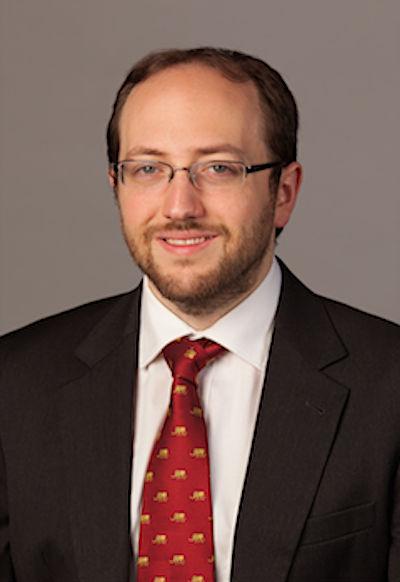
Eliezer Shinnar, MD
ResidentNew York Presbyterian Hospital
New York, NYDr. Shinnar is a Clinical Hospitalist and Medical Educator. A graduate of Emory University and Columbia University Medical Centers, he recently concluded a fellowship with the Society to Improve Diagnosis in Medicine (SIDM). At the Phoenix Indian Medical Center, Dr. Shinnar's contributions span from overseeing patient care to participating in committees dedicated to patient safety and substance use disorders. His research has addressed issues in the medical field, including the safety of medical transfers, healthcare workforce dynamics, and patient safety protocols.
This interactive and entertaining session will focus on important updates and controversies in diagnosis and diagnostic error from the last year, including education, theory, practice, and patient engagement. The audience will engage with presenters in discussing the highlights from the literature.
Learning Objectives:
- Describe emerging research, quality improvement projects, and educational initiatives focused on improving diagnostic safety;
- Identify novel areas of inquiry in the science of diagnosis;
- Discuss challenges in conducting longitudinal projects around diagnostic safety.
Evaluating Interventions to Reduce Diagnostic Error: Innovations in Research Approaches
- x
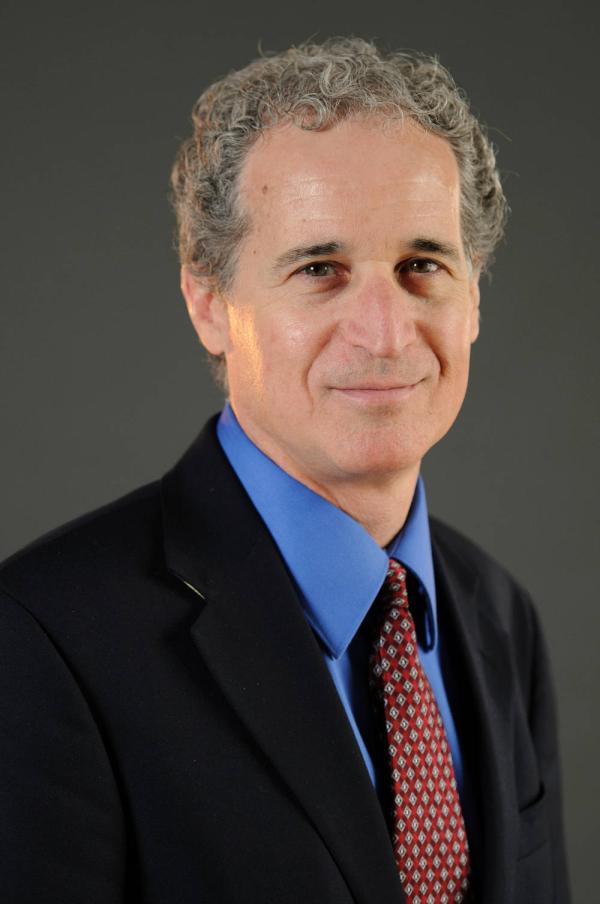
Brian Mittman, PhD
Senior ScientistKaiser Permanente Southern California
Pasadena, CA - x
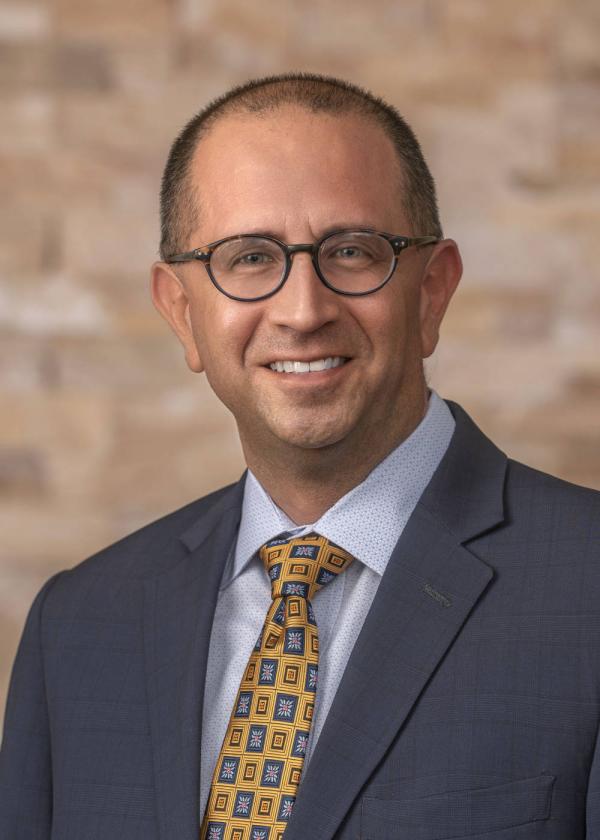
Douglas Salvador, MD, MPH
SVP & Chief Quality OfficerBaystate Health, Inc.
Springfield, MADoug Salvador leads the Department of Healthcare Quality at Baystate Health. He collaborates with colleagues throughout the system to promote a learning health system, develop strategy for quality and patient safety, and coordinate health care for the community. Using his training in medicine, engineering, and epidemiology, Dr. Salvador is focused on the redesign of healthcare delivery systems, promoting diagnostic excellence, undergraduate and postgraduate education of quality and safety, and fostering a culture of patient safety.
A graduate of the Johns Hopkins University (Biomedical Engineering) and Johns Hopkins University School of Medicine, Dr. Salvador trained in infectious diseases at the Beth Israel Deaconess Medical Center in Boston. He practiced as a hospital epidemiologist after receiving a Masters in Public Health degree from the Harvard School of Public Health. He is Board President of the Society to Improve Diagnosis in Medicine.
- x

Michael Kanter, MD, CPPS
Professor and Chair
Clinical SciencesKaiser Permanente Bernard J. Tyson School of Medicine
Pasadena, CADr Michael Kanter is currently a Professor and Chair of Department of Clinical Science at the Kaiser Permanente Bernard J Tyson School of Medicine. He was previously the executive vice president over quality for the Permenente Federation where he has had oversight of the quality of care provided by 22,000 physicians to 12.2 million patients within the Kaiser Permanente healthcare system nationally, and was responsible for the development of the organization’s national quality strategy. He has a wide range of interests in clinical quality and patient safety and has designed and implemented a new model of care for chronic disease and prevention called Complete Care, which includes an interactive patient portal and proactive customized checklist that helps to increase the reliability of ambulatory care and increase patient engagement. He designed and implemented KP Sure Net, a program to decrease missed or delayed diagnoses and increase medical safety. In addition, he oversaw the creation of a language concordance program that matched bilingual physicians to patients with limited English-speaking abilities, and created a cardiovascular mortality reduction program that achieved a 50 percent reduction in the incidence of acute myocardial infarction from 2000 to 2014 and also eliminated many health disparities among African Americans in the Medicare population. He has authored more than 110 articles published in peer-reviewed journals, including The New England Journal of Medicine and Journal of the American Medical Association, as well as Harvard Business Review. He co-authored chapters in five books, and is a frequent speaker at the Institute for Healthcare Improvement, National Patient Safety Foundation, and Diagnostic Errors in Medicine conferences and meetings.
Interventions to reduce diagnostic error are generally described as complex health interventions, defined as highly adaptable, multicomponent interventions displaying extreme heterogeneity, strong contextual influences and complex causal pathways. Research evaluating these interventions using conventional clinical trial methods, which are optimized and best suited for studying simple, fixed interventions with robust effects, offer limited value in studying complex health interventions for which effects vary considerably across settings and where answers to key research questions, such as "is this intervention effective?" are rarely "yes" or "no" but, instead, "sometimes" and "it depends." This workshop will describe the challenging features of complex health interventions and explain the limited value of conventional clinical research approaches, and present alternative research approaches, designs and methods optimized to produce insights and guidance for the design, implementation, sustainment, spread and evaluation of such interventions. The workshop will combine didactic and interactive (problem-based/active learning) approaches and is designed for healthcare leaders, clinicians and researchers who design, implement and evaluate interventions to reduce diagnostic error.
Learning Objectives:
- Describe limits to the value of conventional clinical research approaches when evaluating interventions to reduce diagnostic error;
- Describe alternative study designs and methods suitable for evaluating these interventions.
Getting Comfortable with Intellectual Streaking
- x
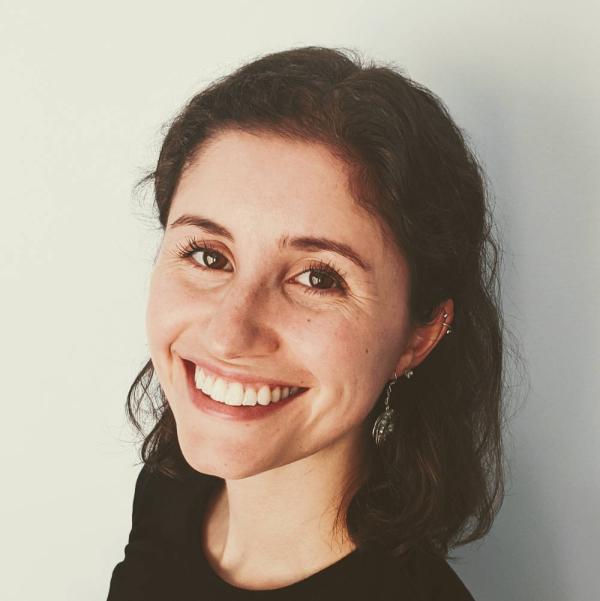
Jessica Dreicer, MD
Assistant Professor of MedicineUniversity of Virginia Health
Charlottesville, VAJess Dreicer is a general internist and an Assistant Professor of Medicine at the UVA School of Medicine. She received her MD in 2015 from the University of Cincinnati College of Medicine and completed her internal medicine residency training at Oregon Health & Science University in 2018. She serves as Associate Program Director of the UVA Internal Medicine residency overseeing the patient safety and quality improvement curriculum and as a GME Clinical Reasoning Coach. Her academic interests include clinical reasoning with a focus on prognostic reasoning and its intersection with improving medical education and patient safety. She is a SIDM Fellow in this current 2023-2024 cohort working on a project to deepen our understanding of the relationship between diagnostic and prognostic reasoning.
- x
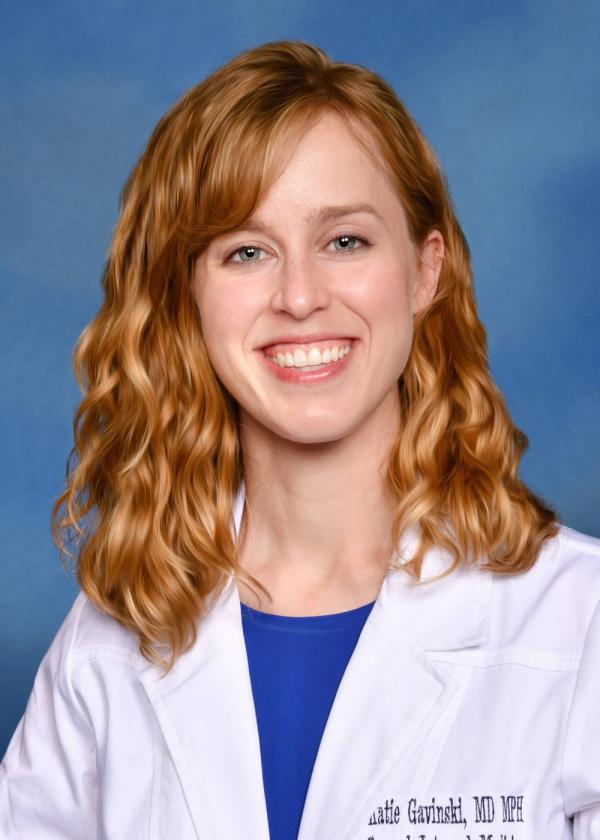
Katherine Gavinski, MD, MPH, MS Ed.
Clinical InstructorUniversity of PittsburghKatie Gavinski, MD, MPH, MS Ed. is a clinician-educator and Assistant Professor of Medicine at the Medical College of Wisconsin. Her personal and professional passions collide within clinical reasoning education. She has developed numerous projects to improve our understanding of expert diagnostic reasoning and how we teach learners to engage in this vital component of clinician development. Dr. Gavinski has years of experience teaching clinical reasoning to both students and residents. Dr. Gavinski completed residency and chief year in internal medicine at UT Southwestern and more recently completed a Masters in Medical Education at the University of Pittsburgh, focusing on assessing clinical reasoning curricula in UME. She practices in both the inpatient and outpatient clinical settings.
There is a long tradition of clinician educators transmitting medical knowledge to learners. While the traditional form of teaching develops learners’ funds of knowledge (what to think), it can fall short in helping them apply this knowledge as they diagnose and manage patients (how to think).
Bridging the gap between the “what” and the “how” and "why" requires clinician educators to broadcast their cognition by thinking aloud as they analyze a case and make clinical decisions. However, many clinician educators may struggle to verbalize their internal cognitive processes because they lack the language to articulate how they make clinical decisions and may worry about broadcasting knowledge gaps or uncertainty.
This workshop will use the concepts of cognitive apprenticeship (strategic disclosure of thinking) and intellectual streaking (strategic disclosure of uncertainties) to enhance clinician educators’ ability to think aloud. These two capabilities can help clinician educators shift the main driver of clinical teaching from solely knowledge transmission to including the narration of their own cognition. Attendees will gain practical strategies for using thinking aloud and intellectual to teach the cognitive skills necessary for clinical practice.
Learning Objectives:
- Define the benefits of the cognitive apprenticeship teaching strategy;
- Identify situations in which narrating cognition is the optimal instructional method;
- Practice intellectual streaking teaching methods.

